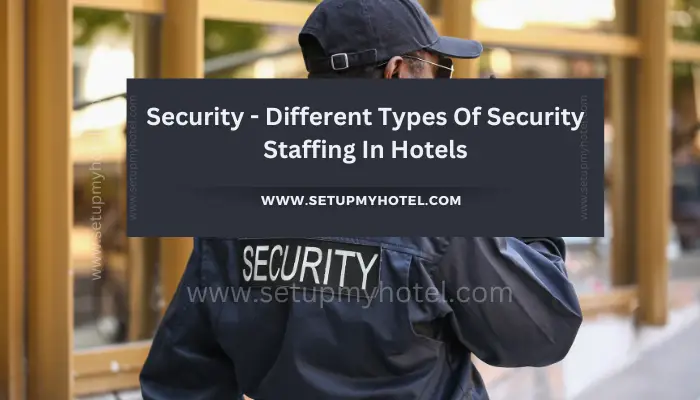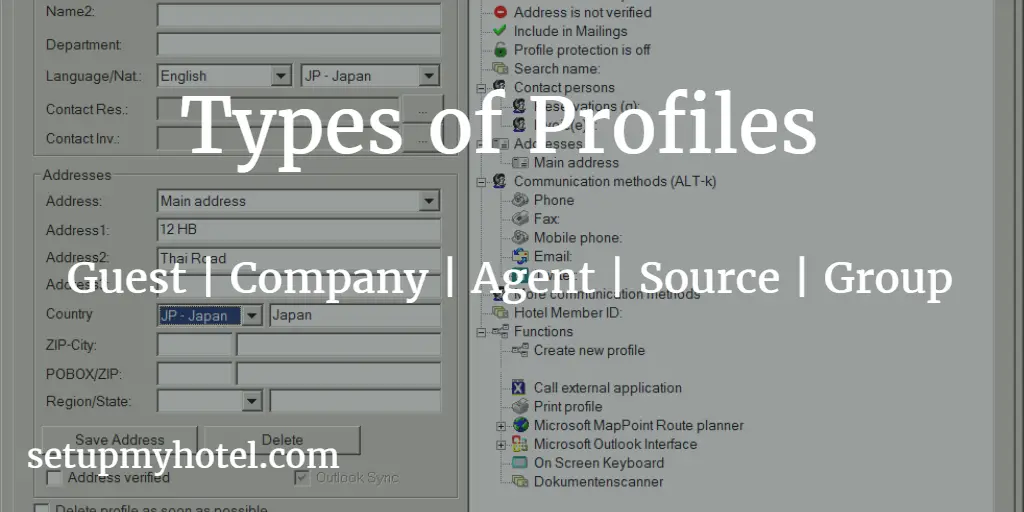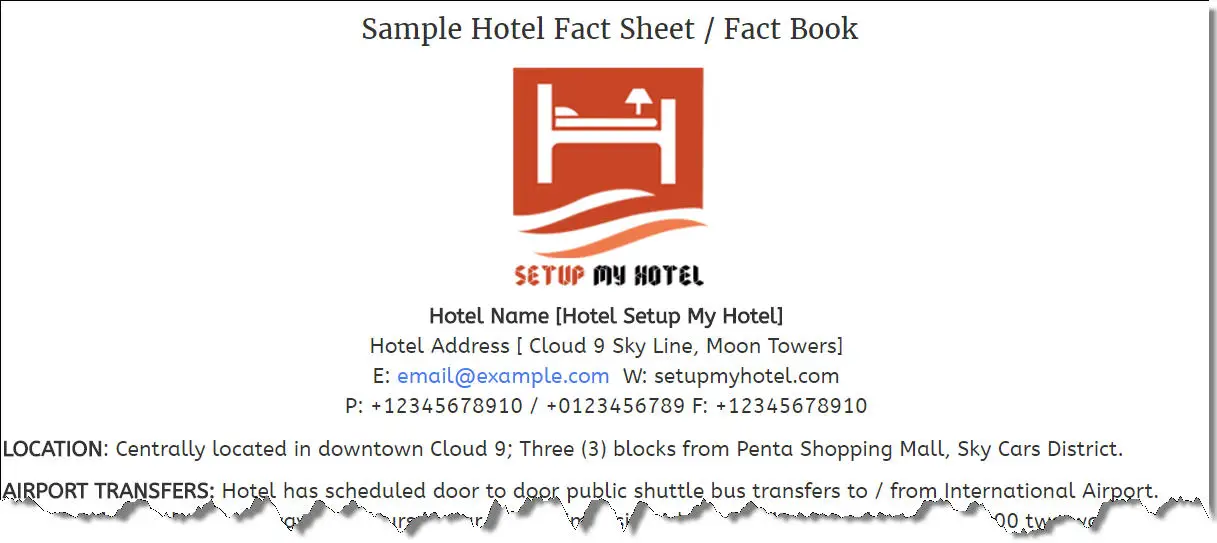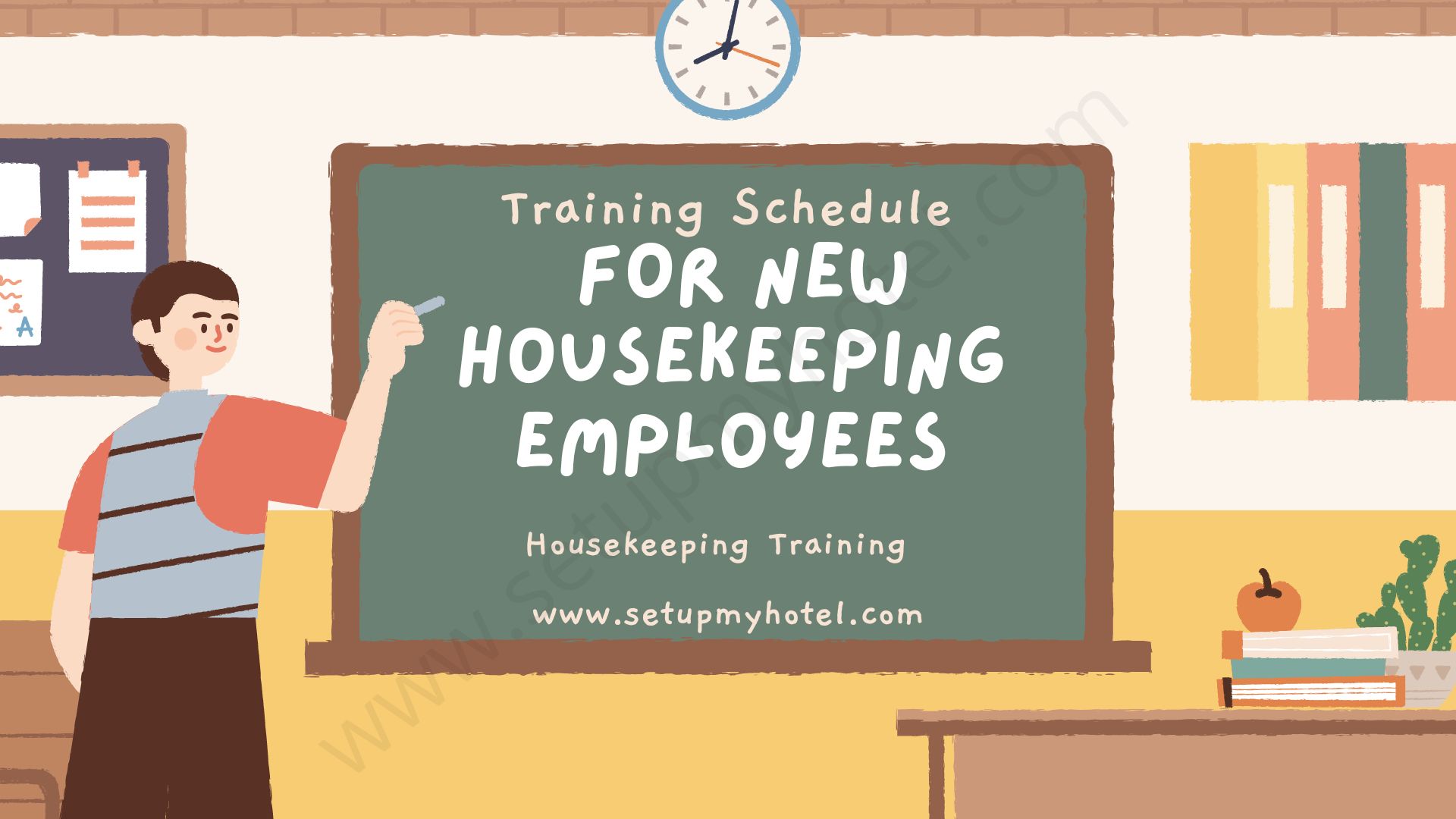All About Hotel Industry

The Hotel Industry The hotel industry is a broad sector that encompasses a range of businesses involved in providing lodging ...
Read more
Security – Different Types Of Security Staffing In Hotels

Types of Security Staffing in Hotels Security is a crucial aspect of any hotel business. It is essential to ensure ...
Read more
Security – List Of Hotel Guest Room Security Equipment’s

Hotel Guest Room Security Equipment’s When it comes to hotel guest room security, there are a variety of equipment options ...
Read more
Security – Types Of Guest Room Locks Used In Hotels

Types of guest room locks used in hotels Guest room Security locks can be a critical aspect of guest protection. ...
Read more
Finance – Inventory Control Procedure And Tips For Hotels | Resorts

How to Control Inventory in Hotels | Resorts Effective inventory control is essential for hotels and resorts to ensure that ...
Read more
5 Types of Profiles / Guest Profile Types in Hotels | Resorts

Types of Profiles Used in Hotels | Resorts Profiling of Guests, Companies, and Travel helps the sales and marketing teams ...
Read more
Hotel Fact Sheet Sample / Sample Hotel Information Sheet / Fact Book

Hotel Fact Sheet Sample / Hotel Fact Book Sample The purpose of a hotel fact sheet is to provide potential ...
Read more
Difference Between Skipper And Sleeper

Difference Between Skipper and Sleeper in the Hotel Industry Introduction: Decoding Skipper and Sleeper in Hotel Operations In the realm ...
Read more
Suggested Training Schedule For New Housekeeping Employees – Hotels | Resorts

Suggested Training Schedule For New Housekeeping Employees As a new housekeeping employee, you will undergo a comprehensive training schedule to ...
Read more
Fixed Cost and Variable Cost In Hotels

Fixed Costs Vs Variable Costs Fixed costs and variable costs are two important concepts in the hospitality industry, particularly in ...
Read more









